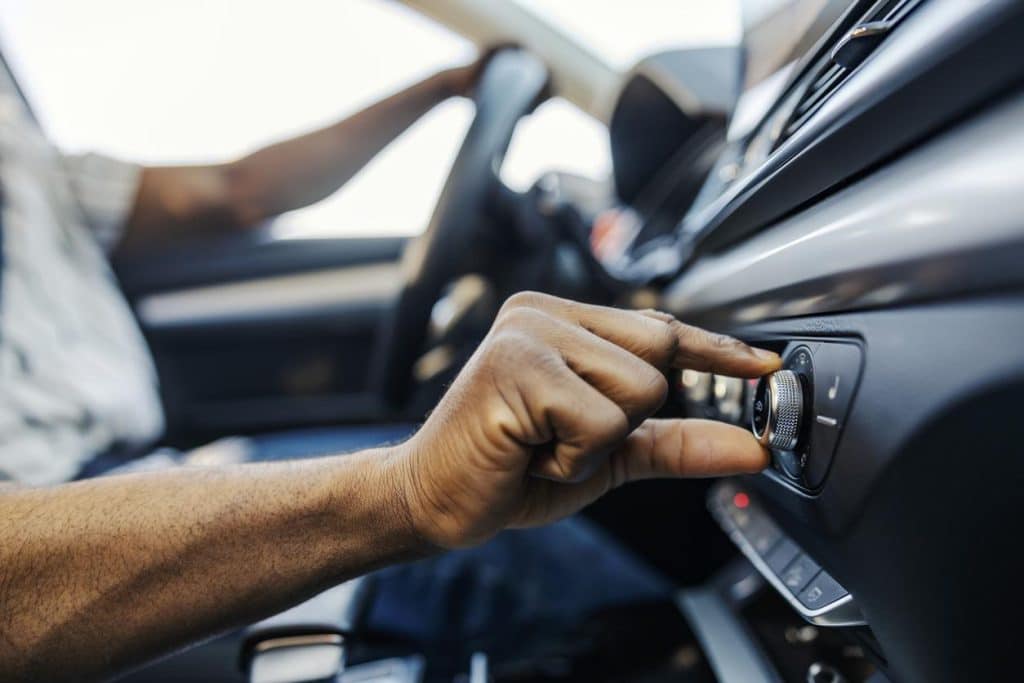For many, the joy of hitting the open road comes with a favorite playlist cranked up in the car. But while turning up the volume can enhance the driving experience, it’s crucial to ponder whether loud music poses a danger on the road. Recent studies indicate that high music levels can significantly impair a driver’s reaction time, possibly leading to situations where they fail to react quickly to road hazards.
Excessively loud car stereos can mask important sounds, such as emergency vehicle sirens or the horns of other drivers, increasing the risk of accidents. In certain regions, these risks have led to laws aimed at controlling noise levels from vehicle stereos to safeguard public safety and maintain peace. This growing recognition underscores the importance of maintaining situational awareness to prevent potential accidents.
Beyond safety concerns, the trend of blasting car stereos also has legal implications. Various states enforce laws regulating music volume in vehicles, which implies penalties or fines for non-compliance. In cases where loud music contributes to an accident, victims may pursue distracted driving claims to seek compensation.
The Impact of Loud Music on Driving Performance
Loud music can profoundly influence an individual’s capability to operate a vehicle safely. Key factors include decreased attentiveness and slower response times, which may increase accident risk. Understanding the interplay of auditory distractions, environmental noise, and emergency reactions is vital for road safety.
Distracted Driving and Reaction Time
Listening to loud tunes while behind the wheel diverts concentration from essential driving tasks, which can impair performance. Studies indicate that increased music volume results in delayed reaction times, particularly among young drivers, raising the likelihood of incidents like rear-end collisions.
It is crucial to maintain moderate sound levels to ensure that drivers maintain a clear focus on the road and reduce the risk of accidents. Research shows that high music volume can impede simple reaction time, particularly in challenging traffic scenarios. This impairment underscores the importance of auditory attentiveness to avoid traffic mishaps and maintain road safety.
Noise Pollution and Driver Aggression
Excessive auditory stimuli in vehicles contribute to noise pollution, which may provoke irritability or aggressive driving conduct. The presence of loud music can exacerbate stress levels, leading to riskier maneuvers or aggressive behaviors on the road. When auditory disturbances are minimized, drivers are more likely to maintain emotional equilibrium and adhere to safe driving practices.
Studies highlighted that loud sounds increase the secretion of stress hormones such as cortisol, which can heighten aggression or expedite impulsive actions. Reducing noise levels in the vehicle environment can mitigate these psychological responses, promoting safer conduct.
Emergency Scenarios and Response Time
High volume levels in the car can hinder the ability to perceive and react to external warnings, such as sirens from emergency vehicles. Immediate response is paramount in crucial situations, and high decibel levels impede the timely acknowledgment of emergency signals. Drivers must keep the sound at a manageable level to hear external cues, ensuring swift and appropriate actions when unexpected situations arise.
Prompt identification and response to emergency signals are fundamental, particularly in busy or unpredictable driving environments. Responsible sound management plays a pivotal role in safeguarding drivers’ ability to react accordingly, maintaining open channels for auditory cues essential for safe vehicular operation.
Legal Implications and Community Impact
Legal considerations are crucial when addressing the impact of loud car music. This involves understanding the consequences of traffic violations and the role of noise ordinances. Balancing public peace with personal freedoms presents ongoing challenges.
Traffic Violations and Legal Consequences
Playing loud music while driving can lead to traffic violations. Various regions classify excessive volume as distracted driving, posing potential risks on the road. Drivers may face fines, points on their driver’s license, or even increased insurance premiums.
Excessive noise limits not only pose a safety concern but also lead to potential legal repercussions. In serious cases, drivers might consult an attorney to address citations. Legal action can arise if the noise is linked to car accidents or interferes with emergency vehicle signals.
Noise Ordinances and Residential Concerns
Noise ordinances play a crucial part in managing sound levels in residential areas. These laws protect community peace by regulating how loud car music can be. Infractions can lead to fines or a range of penalties.
Residential areas bear the brunt of disturbances caused by loud cars. Complaints to authorities often follow incidents, and this can result in stricter enforcement of the regulations. Community standards dictate that maintaining a peaceful environment is necessary for quality of life.
Balancing Public Peace with Personal Freedom
Finding a balance between personal freedom and public tranquility is a delicate matter. People have the right to enjoy their car music, but this right is not absolute. Regulations exist to ensure this enjoyment does not infringe on others’ peace.
Public peace versus personal freedom is often debated in legal circles. Establishing clear guidelines helps handle these challenges. Lawmakers strive to ensure that individuals enjoy their rights while considering the well-being of others. This balance remains a focal point in crafting effective noise regulations.





















